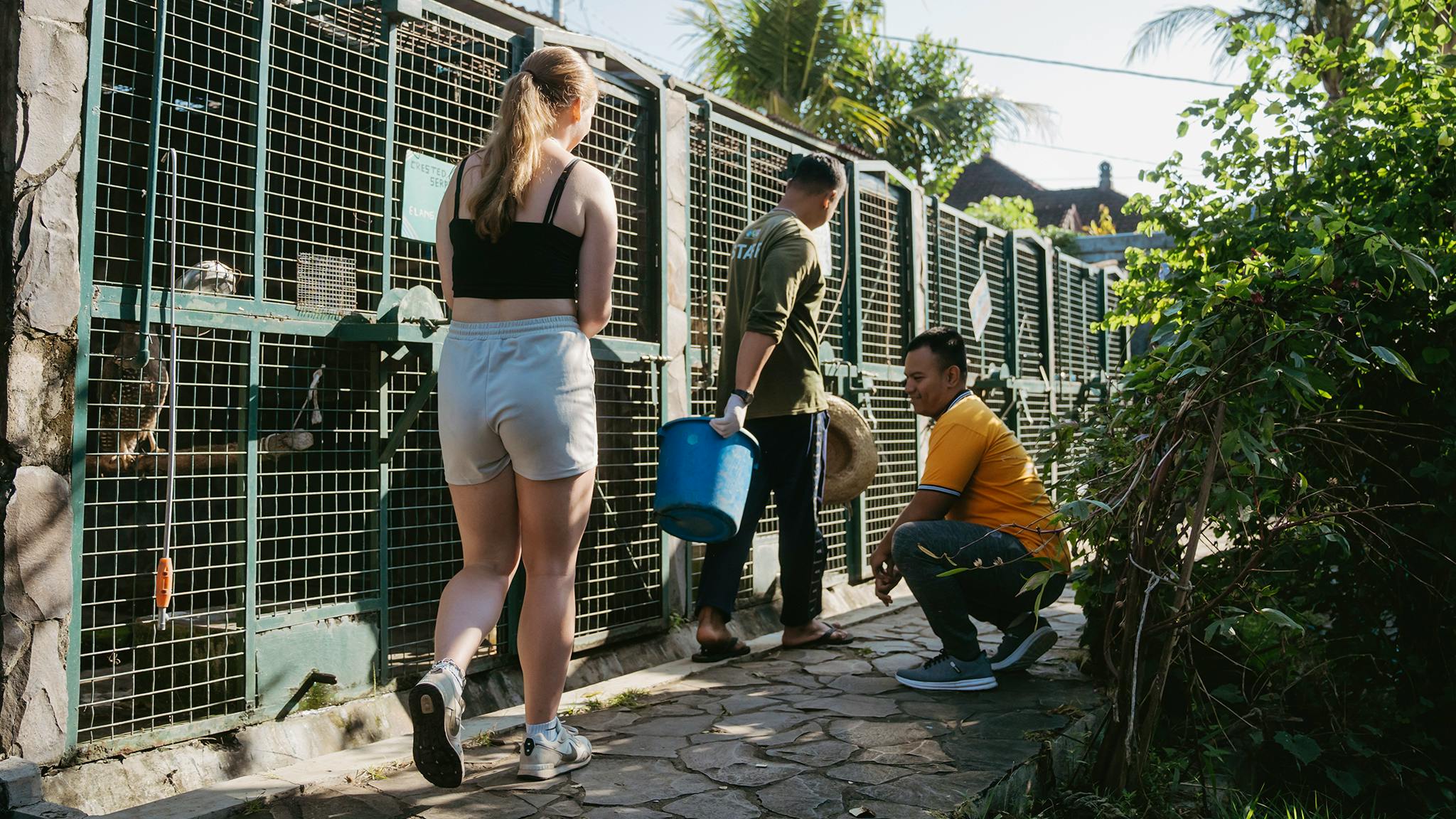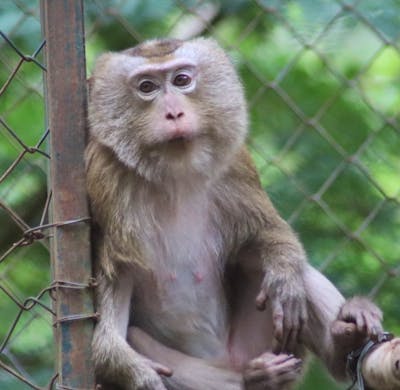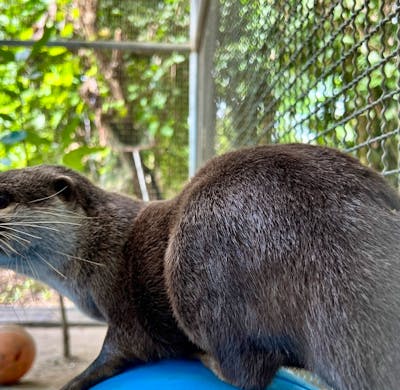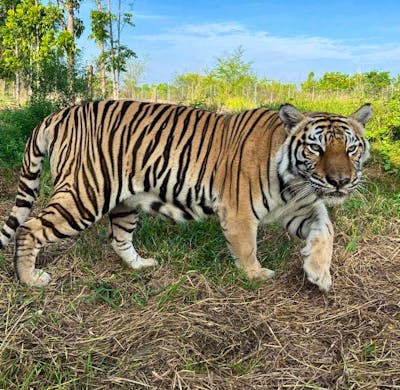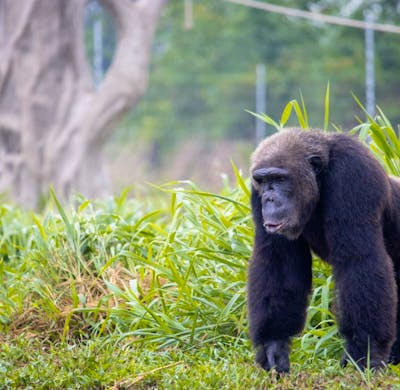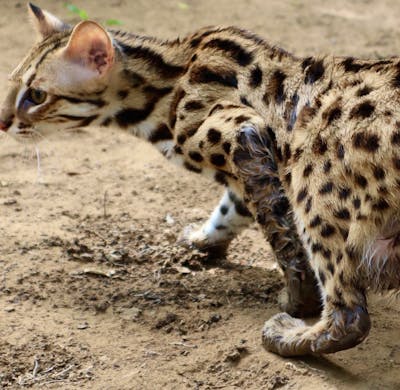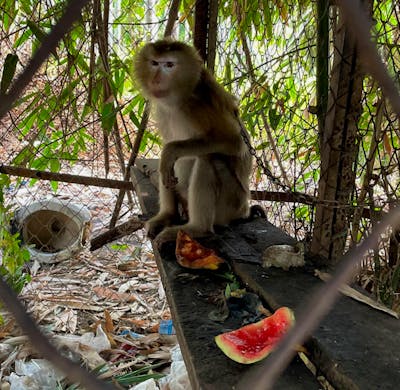As a PMGY volunteer with wildlife in Thailand, you will have the unique opportunity to work behind the scenes to care for animals. Enthusiastic and passionate volunteers are required to assist with the general upkeep of the project throughout the year. The centre works to rescue and rehabilitate animals within Thailand. With our team, you will have an amazing opportunity to care for a wide variety of rescued wildlife.
BACKGROUND TO THE WILDLIFE PROGRAM
Thailand has a rich biological diversity. However, human pressures are increasing alarmingly fast, impacting the livelihoods of many species worldwide. Such pressures include over-exploitation, habitat loss and habitat degradation. These factors are sadly pushing many of Thailand's creatures to the brink of extinction. Wild animals, such as young gibbons, macaques, lorises and bears are commonly illegally poached from the wild for inhumane purposes. This can include being sold as pets and used as photo props.
Thailand has a thriving tourist industry, playing a large part in the country's economy and the livelihoods of locals. However, this, unfortunately, has been accompanied by the exploitation of many animals for the entertainment of foreign visitors. Common examples include elephant riding, performance shows and appearances in photos.
The wildlife rescue centre is trying its best to get those animals out of the miserable conditions they are living in. The centre works hard to offer a variety of services, from simply offering shelter to rehabilitation and eventual release back into the wild. Further to this, the centre works to educate both local and international communities about animal welfare and organise wildlife volunteering abroad conservation projects. There is an education centre on site of the project to further promote this. Our international volunteers help support the centre, by assisting and leading different tasks in attempts to rehabilitate and home animals.
WILDLIFE VOLUNTEER PLACEMENT
WFFT - The centre provides shelter for hundreds of wildlife animals. The program aims to rehabilitate and release animals back into the wildlife. For animals who would sadly not survive in the wild, they are provided with shelter for the rest of their lives.
As a wildlife volunteer in Thailand, you will find a huge variety of different animals at the centre. This includes six species of gibbon, five species of macaque, lorises, two species of langur, two species of bear, small wild cats, various civet species, reptiles, otters and birds. All the animals located at the centre have been rescued from poor living conditions. Some individuals have been saved from the illegal wildlife trade. In other cases, rescues have been made from the pet trade, entertainment and tourism industry, or directly from the wild. In the last case, individuals may have been victims of road traffic accidents, dog attacks or other human-caused accidents.
Where feasible, the Thailand volunteer program tries to provide the rescued animals with an environment as close to ‘nature’ as possible. The overall objective will always be that animals are rehabilitated and released back into the wild. Unfortunately, for a majority of animals at the centre, this is often difficult and in some cases not feasible at all.
The centre always needs help from animal lovers and wildlife enthusiasts. This may be in the form of volunteer work, donations, or professional help, such as veterinary experience. Without the invaluable contribution of volunteers, the centre would simply not be able to function. Volunteering with wildlife in Thailand can be difficult at times, but the volunteer work is highly rewarding.
OTHER THINGS TO CONSIDER VOLUNTEERING IN THAILAND
Return Airport Transfer - Your return airport transfer is not included in your Program Fee. Our local team can help arrange onward transfers to the airport or an alternative destination from the volunteer accommodation. Making specific arrangements once in Thailand provides more flexibility as plans can often change and participants may be on similar flight plans. The costs depend on your method of transport and your final destination. This can often be split across multiple participants if you are travelling with someone else on the program.
Hands-Off - Please be aware the wildlife volunteer work in Thailand is hands-off. Volunteer work with wildlife in Thailand will involve no physical interaction with animals. The project tries to provide a natural experience rather than an opportunity to pet the animals.
Instead, Thailand wildlife rescue volunteers will provide the essential daily and long-term needs of the animals. This includes activities such as feeding, cleaning enclosures, and providing stimulation in the form of behavioural and environmental enrichments.
Physically & Emotionally Demanding - The work as a wildlife volunteer in Thailand is incredibly demanding. Participants must, therefore, be fit in both physical and mental health to complete the project. Before committing to the program, individuals are encouraged to reach out to a member of the PMGY staff should they have concerns.
During volunteer work with wildlife in Thailand, each volunteer will have their own pace, strengths and weaknesses. You are asked to kindly respect that not everyone will have the same abilities – individuals may work at different paces. Everyone in the Thailand wildlife sanctuary volunteer program is here to help and will make their unique contributions.
Save Some Time to Travel - The volunteer projects in Thailand provide a very "volunteer-focused" experience where you are involved in the project for 6 days a week and have 1 day off. We recommend participants reserve time after their program for independent travel as this program does not have a traditional weekend travel culture. During your day off you will be able to visit the local beach, nearby caves and waterfalls. However, participants will not be able to travel too far afield on their day off.
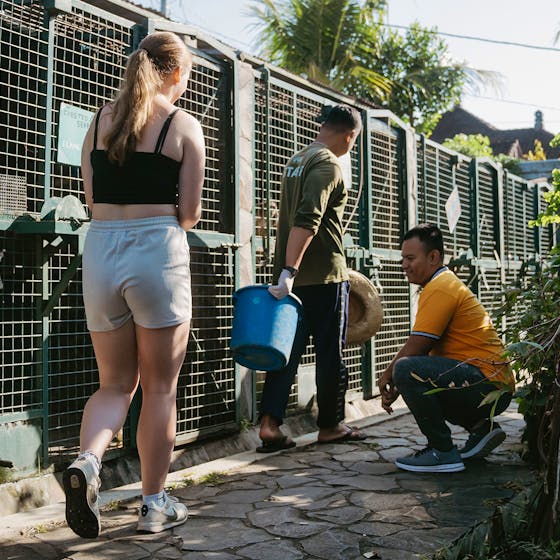
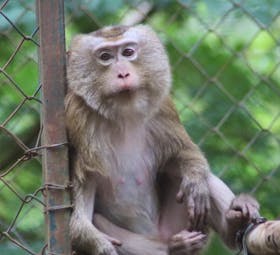
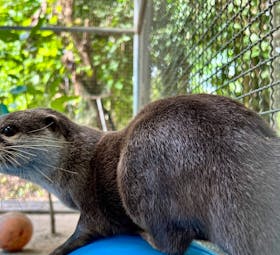
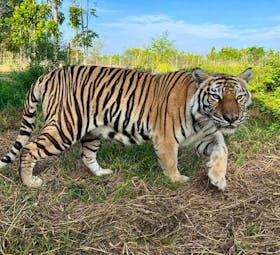
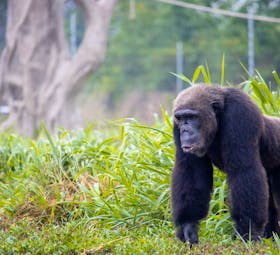

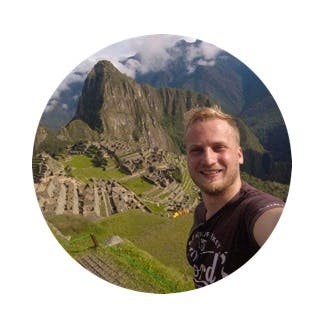
 4.9
4.9

